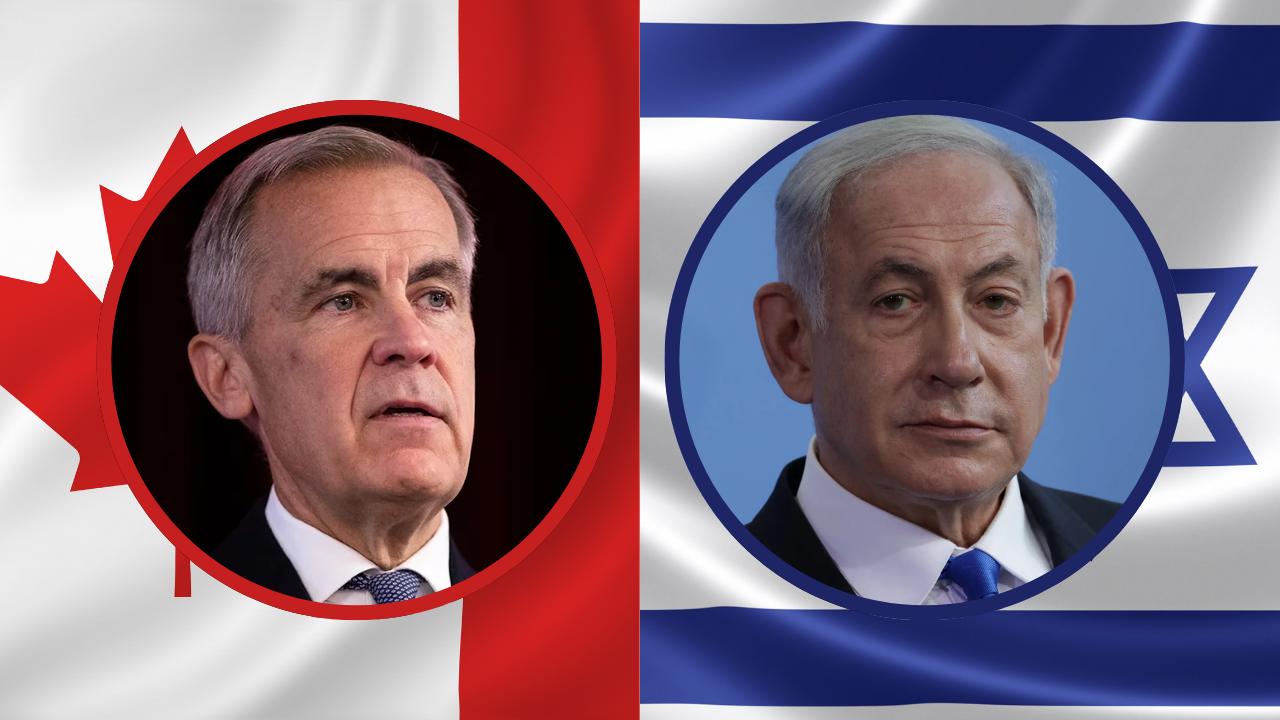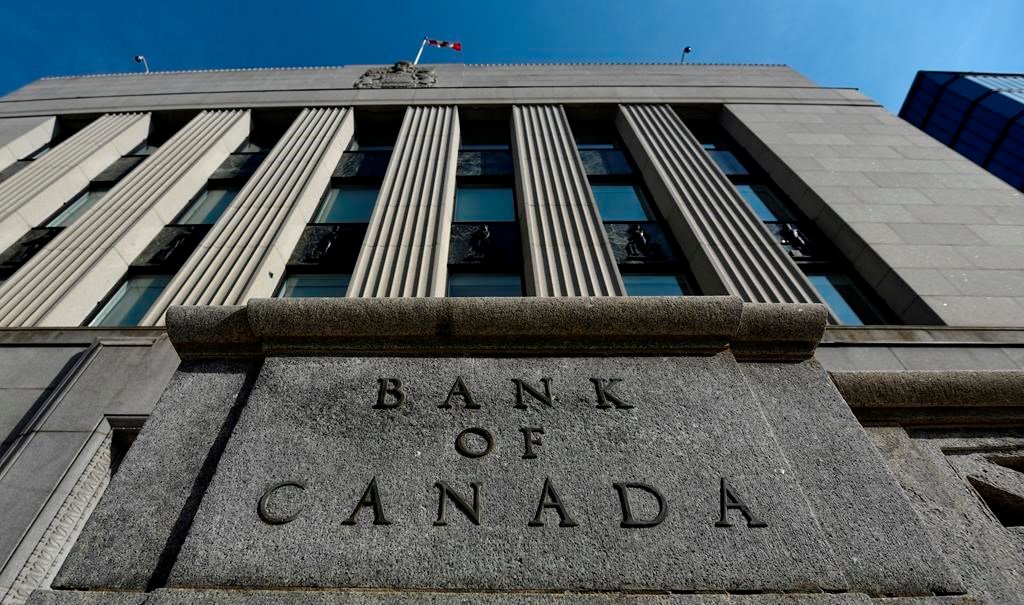Carney confirmed “yes” when asked on a podcast if he would enforce the ICC warrant against Netanyahu on Canadian soil. He strongly criticized the Israeli government’s actions, saying they were designed to “end any possibility of a State of Palestine.” According to him, these actions violate both the UN Charter and Canada’s long-standing foreign policy.
His remarks echoed previous statements by Justin Trudeau, who had said that Canada would “honour” the ICC warrant if Netanyahu entered the country.
The ICC Warrant and Legal Complexity
The International Criminal Court issued arrest warrants for Netanyahu and former Israeli defense minister Yoav Gallant in November 2024. They face accusations of war crimes and crimes against humanity linked to the Gaza conflict.
However, because Israel is not a party to the Rome Statute — which governs the ICC — questions have emerged about jurisdiction and enforceability. This issue becomes especially complex when the accused are officials of non-member states.
Reactions and Political Backlash
Carney’s declaration sparked mixed reactions across Canada. Many praised his position, viewing it as a defense of international justice and accountability. Moreover, the National Council of Canadian Muslims publicly commended him for reaffirming Canada’s dedication to the rule of law.
On the other hand, critics raised concerns about the political and diplomatic consequences. Several Conservative MPs argued that his stance could strain foreign relations. Others described it as politically risky and potentially damaging to Canada’s alliances.
Netanyahu reacted sharply, accusing Canada — and Carney personally — of showing political bias. He claimed the statement went beyond diplomatic norms and unfairly supported Israel’s adversaries.
What It Means for Canada and International Relations
Carney’s statement reflects a more assertive approach to Canadian foreign policy. It suggests that legal and moral responsibilities may now outweigh traditional diplomatic caution.
In practice, Netanyahu is highly unlikely to travel to Canada while an active ICC warrant exists. Therefore, the enforcement aspect remains mostly symbolic. Nevertheless, the decision has implications.
It could affect Canada’s relationships with Israel, the United States, and international judicial institutions. In addition, it may influence how Canadians perceive their country’s global role, its commitment to human rights, and its adherence to international law.











